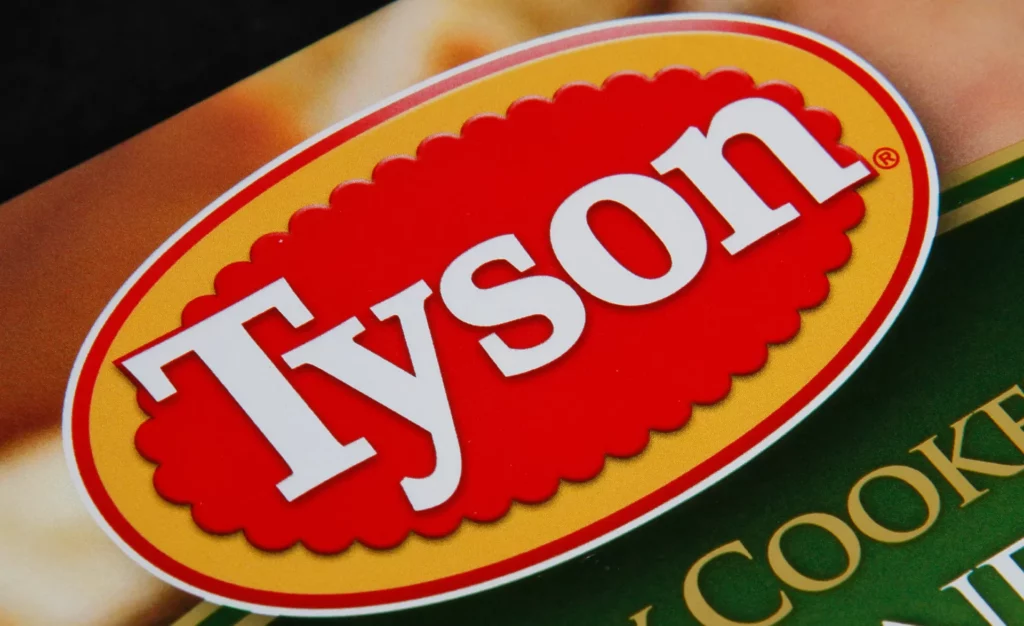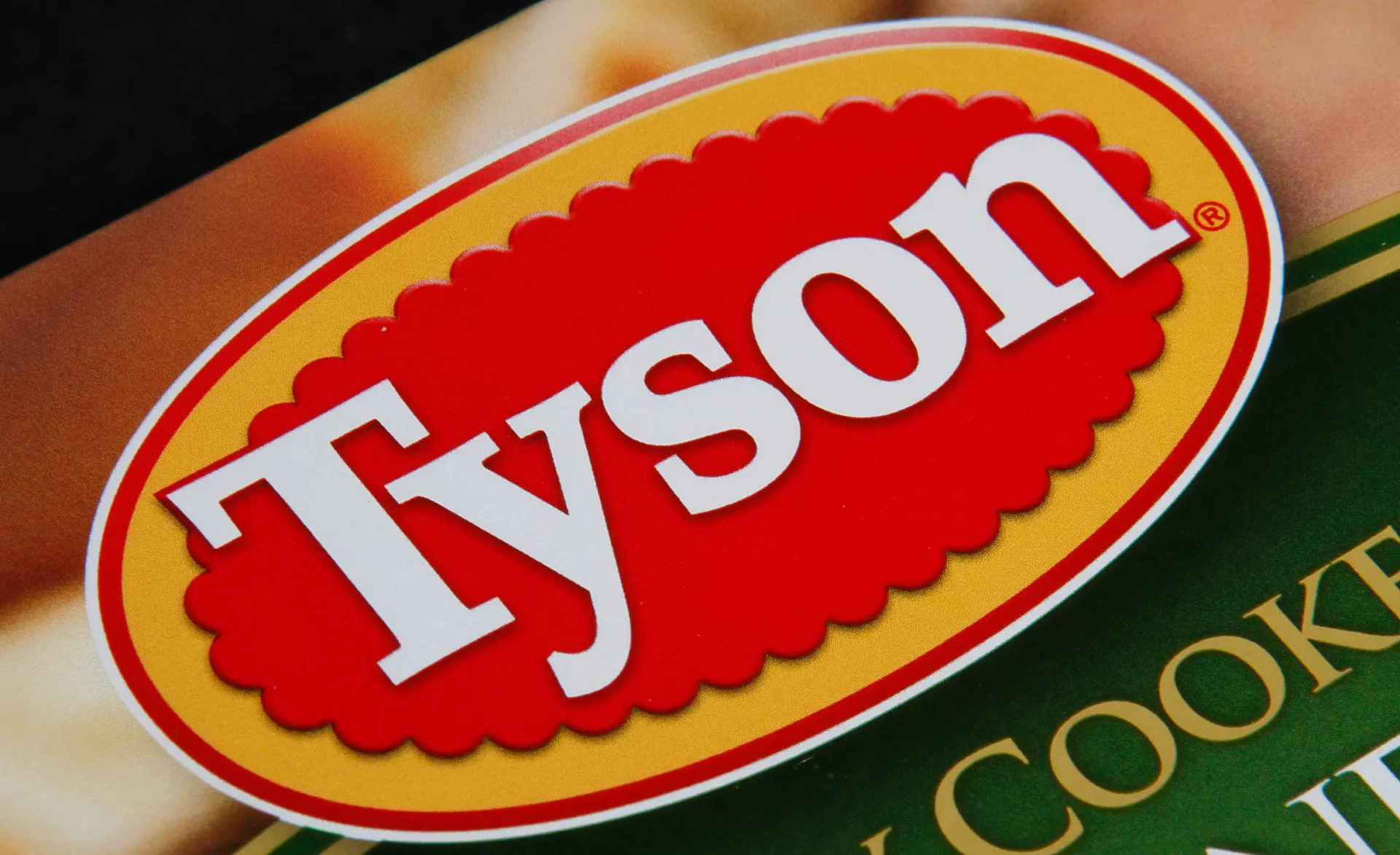Transitioning Troubles: Former Tyson Chicken Farmers Switch to Egg Production Amid Challenges
Introduction: The Shift in Poultry Farming
In response to Tyson Foods’ decision to close several chicken processing plants, numerous U.S. farmers previously supplying chickens for slaughter are now pivoting to egg production. This shift, however, comes with significant financial and operational challenges.
The Closure Impact
Tyson Foods, a major player in the poultry industry, shuttered six plants as part of a strategic move to bolster profitability in its chicken segment after a miscalculation in consumer demand. This decision has left many local suppliers scrambling to find alternative sources of income. For instance, in central Virginia, a group of former Tyson suppliers formed a cooperative to produce cage-free eggs for Indiana-based Dutch Country Organics following the closure of Tyson’s Glen Allen plant.
High Costs of Switching to Egg Production
Transitioning from raising broiler chickens to producing eggs involves considerable investment. Former broiler growers are facing the need to overhaul their facilities extensively, which includes replacing dirt floors with concrete and installing specialized equipment for egg production. According to discussions with 18 poultry producers, government officials, and industry experts, these changes can run into millions of dollars.
John Bapties, president of the Central Virginia Poultry Cooperative, highlighted the financial burden, noting that transitioning barns that previously housed broilers to facilities suitable for laying hens is an expensive endeavor. Despite these challenges, the cooperative plans to house approximately one million cage-free hens within a year.
Market Volatility and Risks
The egg market is known for its volatility. In the previous year, egg prices plummeted after reaching record highs, exacerbated by the worst-ever outbreak of bird flu affecting poultry. The risk of bird flu remains a significant concern, as it tends to affect laying hens more severely than broiler chickens. Cal-Maine Foods, a major egg producer, recently had to cull about 1.9 million birds due to an outbreak in Texas.
Adjusting to a New Lifestyle
The lifestyle changes required for egg production also pose challenges for farmers. Roger Reynolds, another former Tyson supplier, shared that egg farming disrupts routines, such as attending Sunday church services, since hens lay most of their eggs in the morning, necessitating early barn checks.
Cage-Free Demand and Opportunities
Amidst the growing demand for cage-free eggs spurred by new state regulations and commitments by restaurants to offer cage-free options, opportunities arise for former broiler growers. Lamar Bontrager, CEO of Dutch Country Organics, noted a surge in calls from producers looking to meet this demand. This transition offers a potential for expansion to egg companies eager to utilize existing poultry farming expertise and infrastructure.
Community and Economic Impacts
The plant closures have not only affected farmers but also local communities. In Dexter, Missouri, where Tyson closed a plant, Cal-Maine Foods stepped in to purchase the facility and convert it for egg production, initially hiring about 100 people. This move, while welcome, does not fully compensate for the jobs lost due to Tyson’s closures.
Concluding Remarks: A Necessity-Driven Shift
The shift from broiler chicken production to egg farming is largely a move of necessity for many former Tyson suppliers. While it presents new opportunities, the transition is fraught with high costs, increased risks, and significant adjustments to both operations and lifestyle. As these farmers navigate their new reality, the long-term sustainability and profitability of their endeavors remain to be seen, underscoring the complex dynamics in the agricultural sector following major industry shifts.
Read: Protein Power: Analyzing the Meat Industry Dynamics Featuring Tyson

Source: xm


